Why is My Generator Surging?
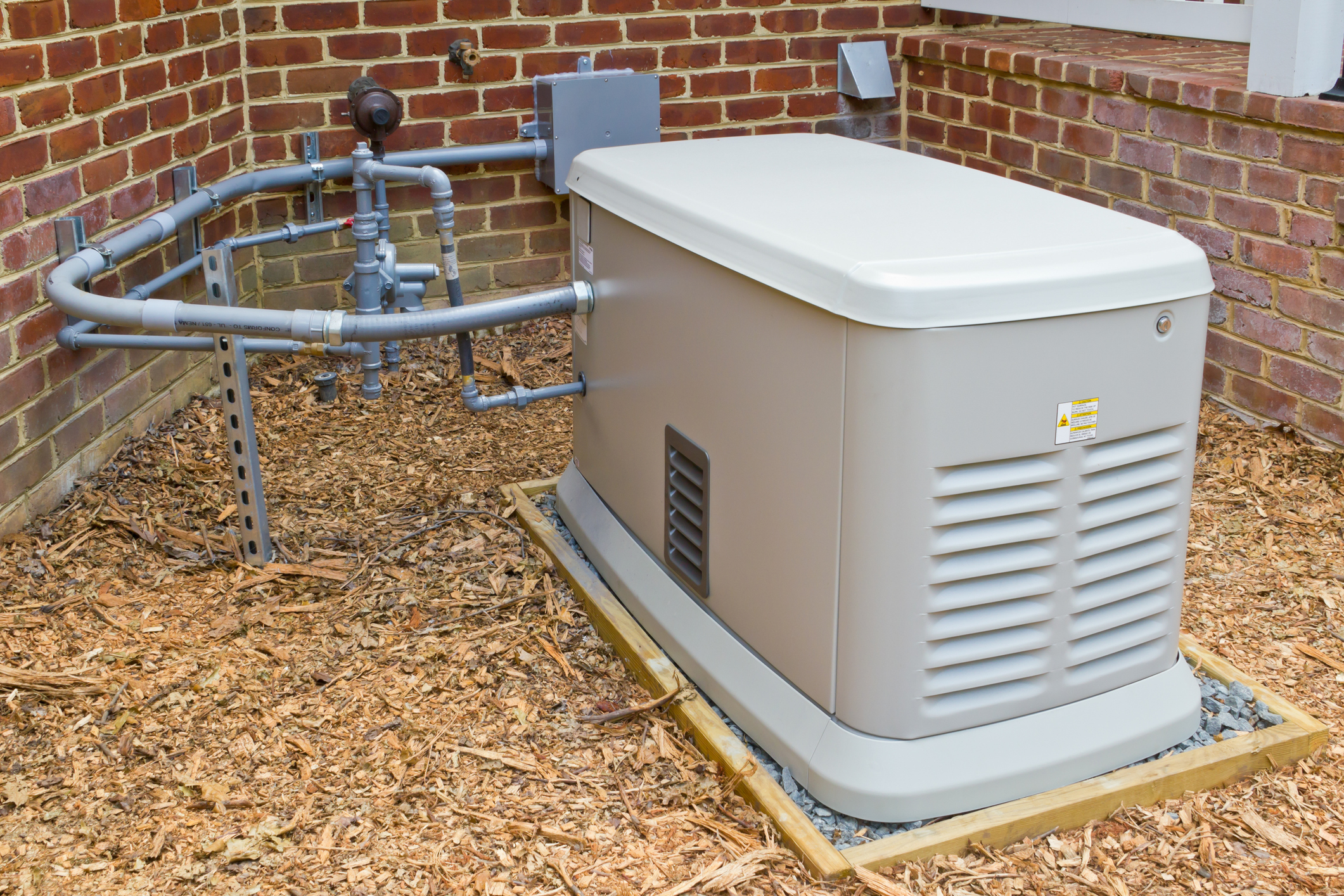
Generators are essential backup power sources for many homes and businesses, ensuring a continuous power supply during outages. However, a common issue many people face is generator surging. This problem can be frustrating and potentially damaging to both the generator and connected appliances. Understanding the reasons behind a surging generator and how to address them can help maintain the performance and longevity of your unit.
What is Surging?
Surging in a generator refers to a fluctuation in the engine speed, which leads to variations in the electrical output. This inconsistency can cause lights to flicker and appliances to malfunction or shut down. Surging is a clear indication that something is amiss within the generator’s system, and it requires immediate attention to prevent further damage.
Common Causes of Generator Surging
There are several reasons why your generator might be surging. Here are some of the most common causes.
Dirty or Clogged Carburetor
One of the leading causes of generator surging is a dirty or clogged carburetor. The carburetor mixes air and fuel for the engine. If it’s clogged with dirt or debris, it can disrupt this mixture, causing the engine to surge. Regular maintenance and cleaning can prevent this issue.
Fuel Problems
The quality of the fuel used can significantly impact the performance of your generator. Old or contaminated fuel can cause the engine to run unevenly. It’s essential to use fresh, high-quality fuel and to add fuel stabilizer if the generator is stored for long periods.
Air Filter Issues
A clogged air filter can restrict airflow to the engine, leading to surging. Replacing or cleaning the air filter regularly ensures that your generator gets the necessary airflow to operate smoothly.
Spark Plug Problems
Faulty or dirty spark plugs can cause misfires, leading to engine surging. Inspecting and replacing spark plugs as part of your regular maintenance routine can help keep your generator running efficiently.
Governor Issues
The governor controls the engine speed of your generator. If the governor is not functioning correctly, it can cause the engine to speed up and slow down unexpectedly, resulting in surging. Adjusting or repairing the governor might be necessary to fix this issue.
Load Imbalance
An imbalanced load on the generator can cause it to surge. Ensuring that the load is evenly distributed across the generator’s capacity can help maintain a steady engine speed and electrical output.
Diagnosing a Surging Generator
To diagnose a surging generator, you’ll need to perform a few checks and tests:
- Visual Inspection: Start with a thorough visual inspection of the generator. Look for obvious signs of wear and tear, loose connections, or damage to any components.
- Listen for Clues: Pay attention to the sound of the generator. Surging often produces a noticeable change in the engine’s noise, with it revving up and down.
- Check the Fuel System: Inspect the fuel system for any signs of contamination or blockages. Ensure that the fuel is fresh and the fuel filter is clean.
- Inspect the Air Filter: Remove and inspect the air filter. If it’s dirty or clogged, clean or replace it.
- Examine the Carburetor: Check the carburetor for any signs of dirt or blockage. Cleaning the carburetor might resolve the surging issue.
- Spark Plug Test: Remove the spark plugs and inspect them for wear or deposits. Replace any that look damaged or fouled.
- Test the Governor: Ensure that the governor is functioning correctly and adjust it if necessary.
Preventive Maintenance Tips
To prevent generator surging and keep your unit running smoothly, follow these preventive maintenance tips:
- Regular Maintenance: Schedule regular maintenance checks and service your generator according to the manufacturer’s recommendations. This includes changing the oil, inspecting the spark plugs, and cleaning the air filter.
- Use Quality Fuel: Always use high-quality, fresh fuel, and add a fuel stabilizer if you plan to store the generator for an extended period.
- Clean the Carburetor: Periodically clean the carburetor to prevent dirt and debris from affecting its performance.
- Store Properly: Store your generator in a clean, dry place. Protect it from dust and moisture, which can cause various issues.
- Balance the Load: Ensure that the electrical load is evenly distributed to prevent overloading any part of the generator.
When to Call a Professional
While some generator issues can be resolved with regular maintenance, others may require professional assistance. If you’ve tried the above troubleshooting steps and your generator is still surging, it’s time to call in a professional. A licensed electrician or generator technician has the expertise and tools to diagnose and repair more complex issues.
Conclusion
A surging generator can be a significant inconvenience, but understanding the common causes and solutions can help you address the problem effectively. Regular maintenance and timely repairs are crucial to keeping your generator running smoothly. If you’re experiencing persistent issues or need professional assistance, don’t hesitate to contact Chesapeake Electric.
Recent Posts

January 23, 2026
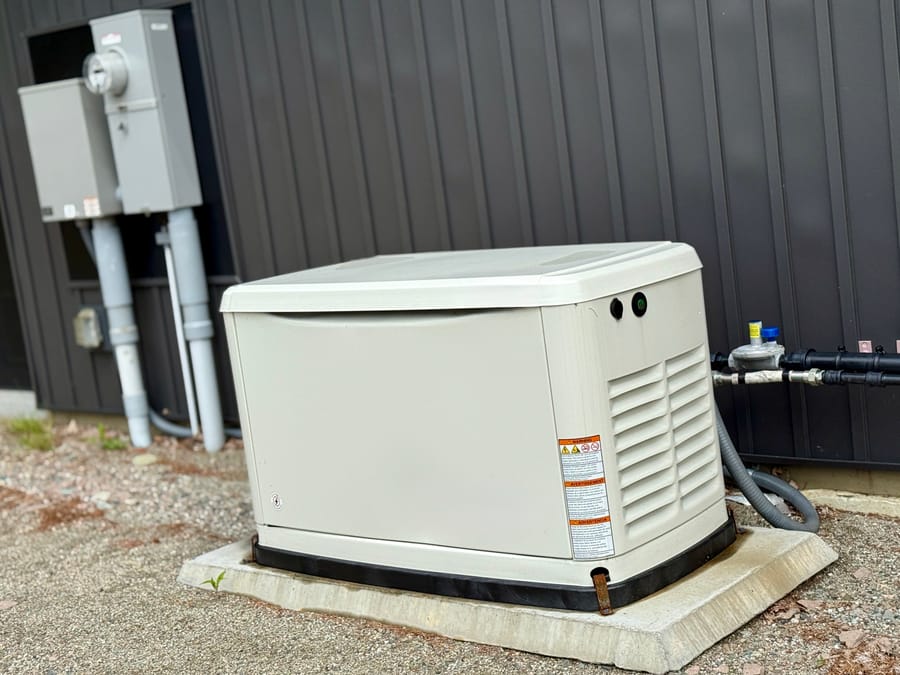
January 22, 2026
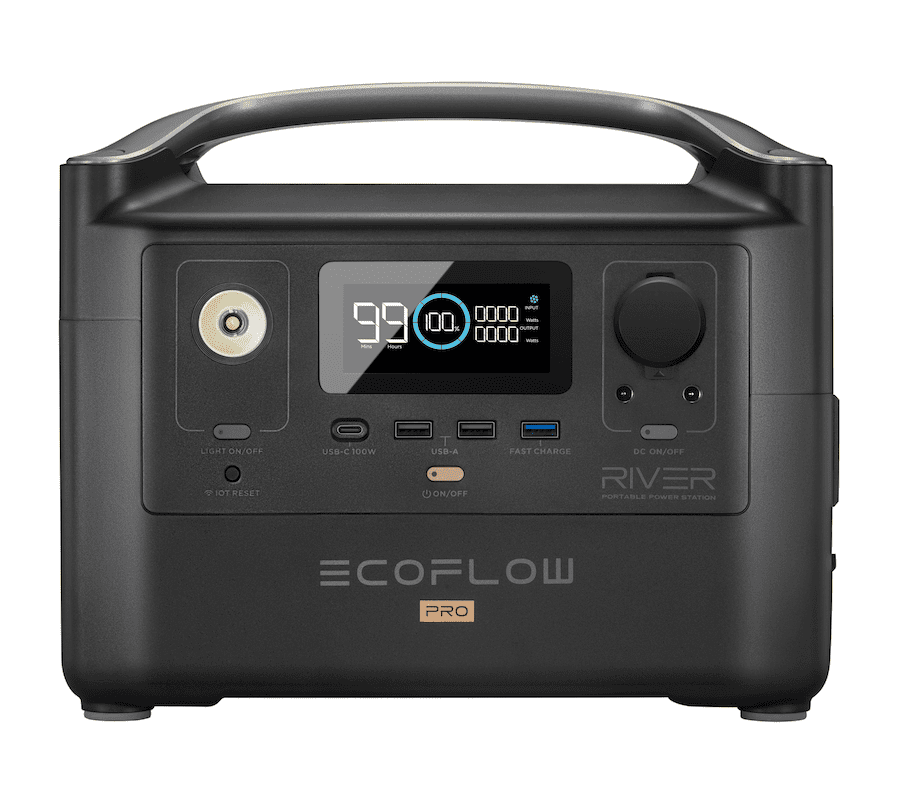
January 21, 2026
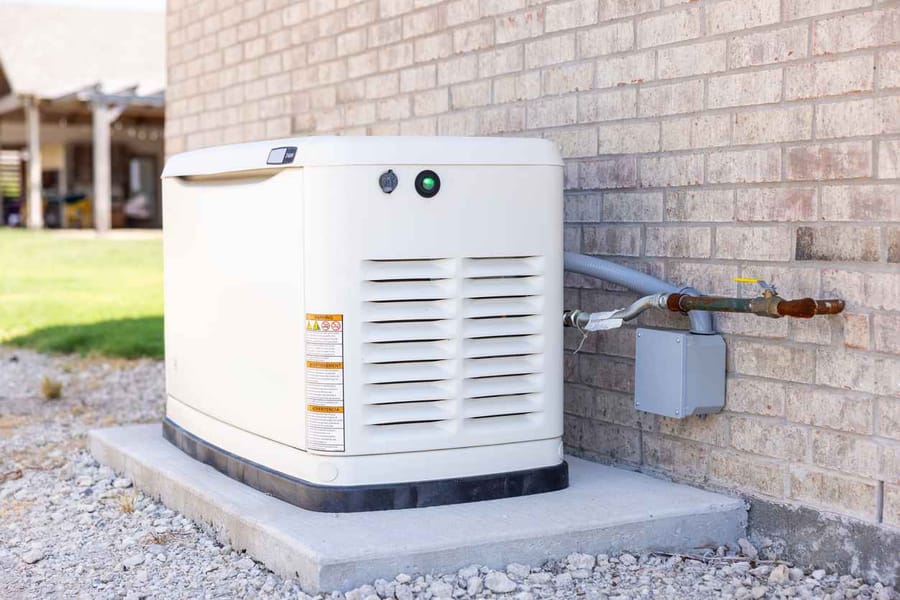
December 19, 2025

December 19, 2025
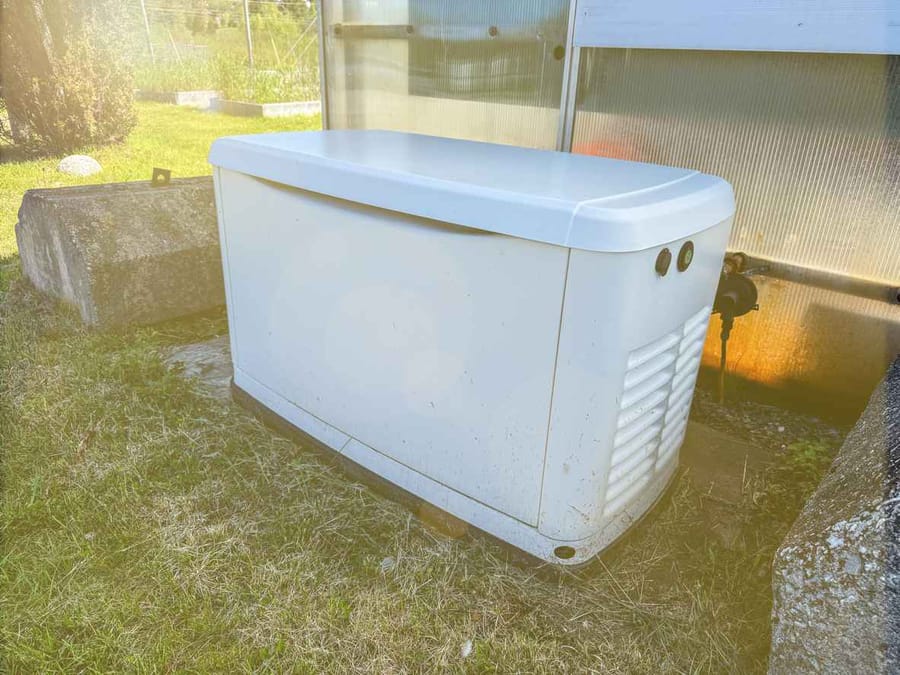
December 19, 2025
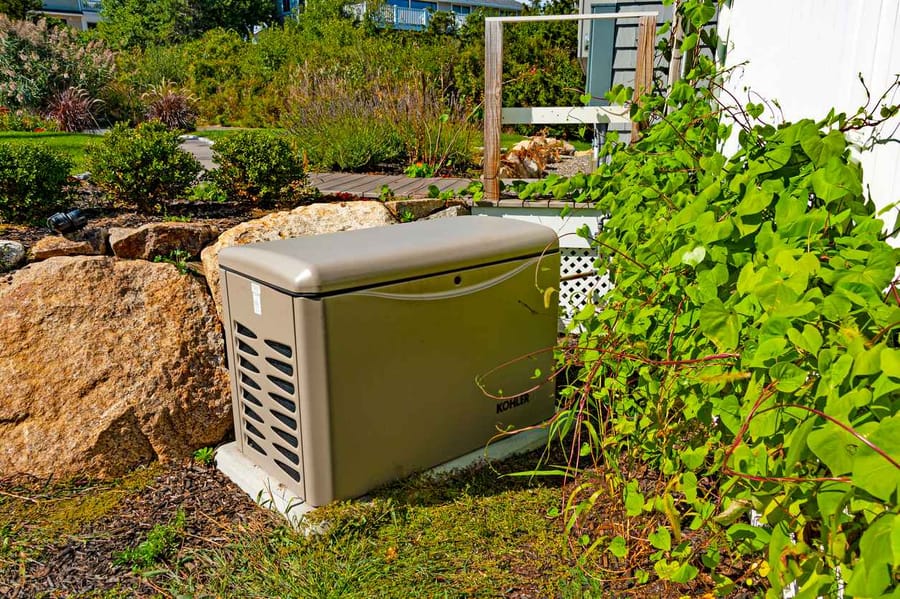
November 21, 2025